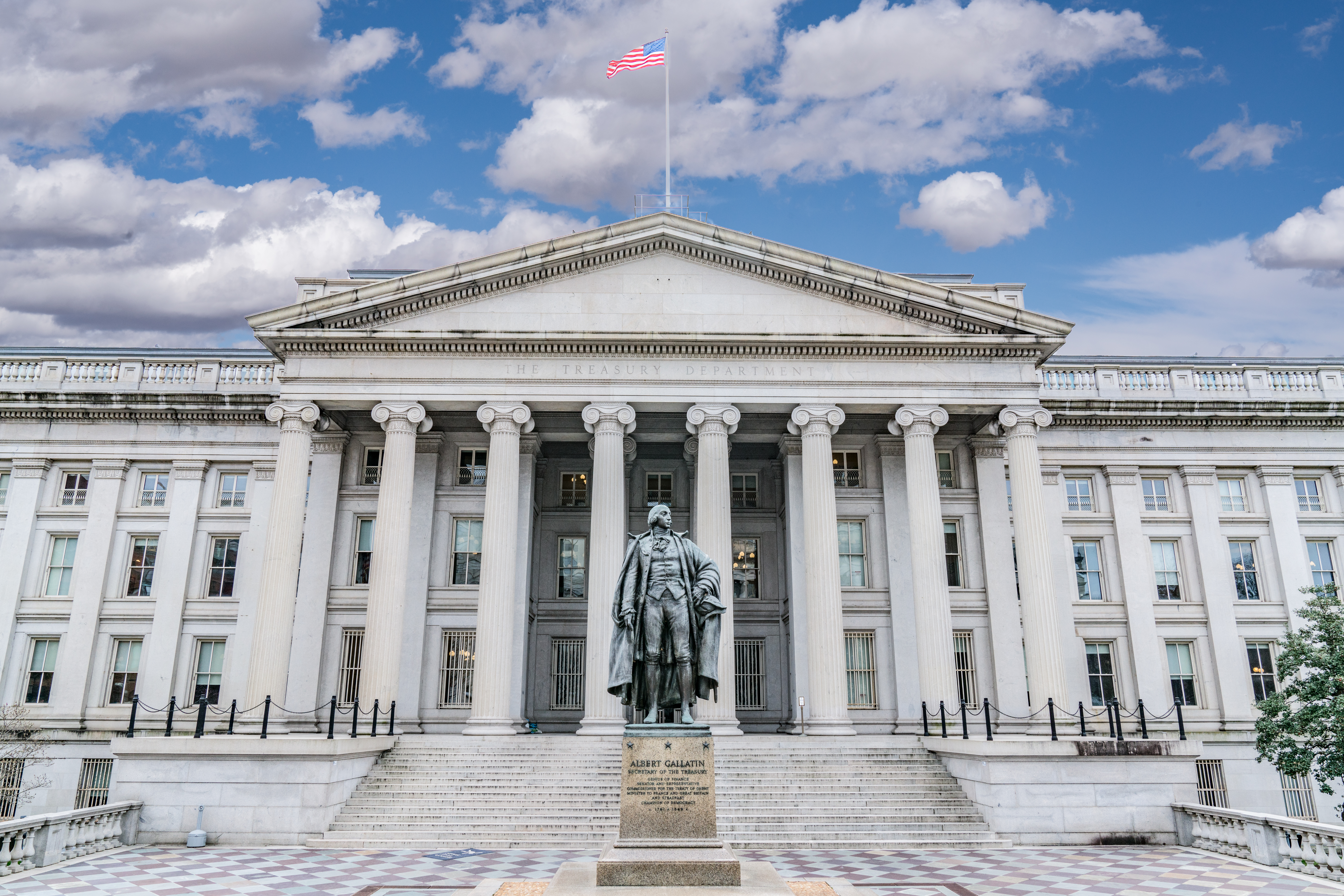Congressional Republicans are fighting back against the Department of Labor’s (DOL’s) proposed rule to increase the salary threshold below which the white-collar exception to the Fair Labor Standards Act’s (FLSA’s) overtime (OT) rules would not apply.
The House Education & the Workforce Subcommittee on Workforce Protections held a hearing titled “Bad for Business: DOL’s proposed Overtime Rule” on November 29. Generally, Republicans on the committee (and their witnesses) warned of job losses from the proposed rule. They characterized the proposed as both extreme and too soon after the last white-collar exemption salary threshold increase. Democrats, on the other hand, were largely supportive of the rule, pointing to workers who were unfairly denied overtime due to the exception’s too-low salary threshold.
The GOP is very much opposed to the new overtime exception proposal. For example, on November 7, the committee’s chair, Rep. Virginia Foxx (R-NC), and subcommittee chair, Rep. Kevin Kiley (R-CA), wrote a letter to DOL’s acting secretary, Julie Su, urging the agency to withdraw the proposed new rule. The Foxx-Kiley letter called the rule “harmful” and cited its “negative impact on workers, small business, nonprofits, colleges and universities.” Fourteen of the committee’s members cosigned the letter to Su.
The letter says, in part: “DOL under President Trump published a rule that responsibly updated the salary threshold and considered extensive stakeholder feedback before issuing the final rule. The same cannot be said about the rushed efforts of the current DOL to push through a rule which makes changes as extreme as they are unnecessary.”
The letter concludes by stating a new rule, less than four years after the most recent salary threshold increase, “is premature and unnecessary…. This is not the right time to add to the still-increasing costs of labor, compliance, payroll, and administration. DOL needs to withdraw this harmful rule.”
The proposed OT rule would raise the salary threshold at which the white-collar exception takes effect. The standard used in the rule is the Bureau of Labor Statistics salary data from the poorest Census region. DOL said it would use the most recent available data to set the dollar amount of the threshold at the time the rule is finalized. DOL estimated that if the rule is finalized in the fourth quarter of 2023, the salary threshold could be $1,140/week or $59,285/year. If first quarter 2024 data are used, DOL projected the salary threshold could be $1,258/week or $60,209/year. The proposed rule also indexes the salary threshold for inflation.
Prospects: DOL is still reviewing comments on its proposed OT white-collar exception rule. When it completes that review, it will send the proposed rule (possibly as modified) to the White House Office of Information and Regulatory Affairs (OIRA) for pre-finalization review. It could take months before the rule is finalized, and the proposed rule could change as the review process continues.
NAIFA Staff Contact: Jayne Fitzgerald – Director – Government Relations, at jfitzgerald@naifa.org.






.png?width=600&height=90&name=Support%20IFAPAC%20%20(600%20%C3%97%2090%20px).png)
